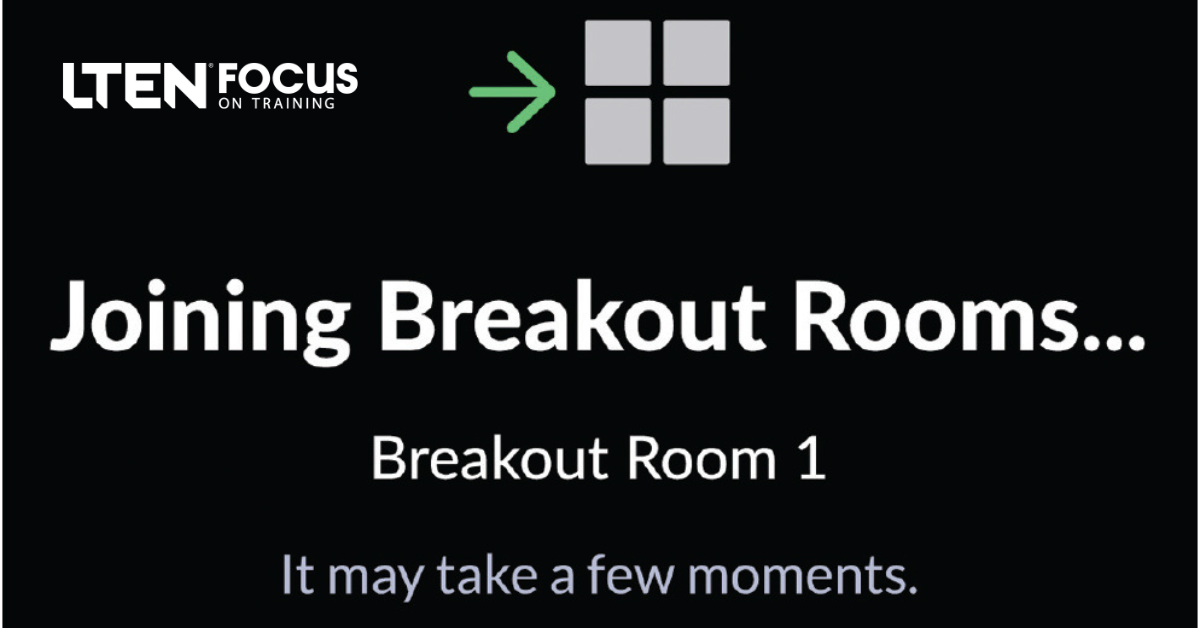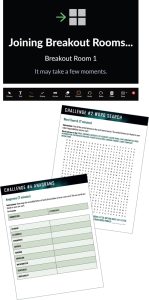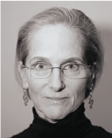
Field Training – by Paul Cornelius, PharmD, MBA, and Caroline Bennett, MBA, M.A., M.S.
Gamification led to better teamwork in the field
 Janssen Oncology recognized a need to educate its various field teams on how to work together compliantly to accomplish the goals of both the respective teams and the company. Janssen saw an opportunity to improve the internal understanding of the roles and responsibilities among these various field teams, with titles including:
Janssen Oncology recognized a need to educate its various field teams on how to work together compliantly to accomplish the goals of both the respective teams and the company. Janssen saw an opportunity to improve the internal understanding of the roles and responsibilities among these various field teams, with titles including:
- Oncology specialist sales representatives
- Key account managers
- Oncology clinical educators
- Thought leader liaisons
- Urology business account managers
- Field reimbursement and access specialists
- Medical science liaisons
The company created a comprehensive training initiative to level-set and kick-start a collaboration-focused present and future in Janssen Oncology.
Field Foundations
Janssen Oncology wanted to provide a more comprehensive foundational training to improve the field teams’ understanding of the range of responsibilities across the different functions, including what they should each listen for during customer interactions to best engage and inform healthcare professionals.
Janssen Oncology partnered with NXLevel Solutions to design and develop a next-generation blended learning experience for the relevant field teams, which included pre-work assignments, two collaborative workshops and post-workshop sustainment activities. The internal training program was titled “Team 7 – Ways of Working.”
The goals of the initiative were to:
- Instill a collaborative-focused problem-solving mindset for field personnel.
- Practice team problem-solving during the training and beyond.
The project was implemented over a five-month time frame, with the workshops taking place three months into the timeline, at the company’s national oncology meeting for more than 250 Team 7 members.
The pre-work consisted of online digital priming content and field employee interviews. The two collaborative virtual workshops were titled:
- Escape Room Experience: Value of Trust – Participants were required to work together to solve a series of five puzzle-based challenges as they raced against time and against other geographic regions of the country.
- Together We Can! Scenario Immersion – Participants were required to problem-solve a series of real-world scenarios designed to highlight opportunities to collaborate.
In this article we’ll focus on the first workshop — the Team 7 Escape Room.
Program Planning and Design
Goals, requirements and expected outcomes for the escape room drove the training design, along with the challenge to think differently — to create fun, competitive and innovative ways for learning and working together and bonding as a team.
The instructional design team focused on strategies that could allow field team members to collaborate in the process of learning about each role, while also garnering more appreciation for how a collaborative environment could benefit the team and, ultimately, their customers and patients. In other words, the learning objectives were twofold: Build trust among the different field roles, and collaborate in groups to develop teamwork through problem-solving, time management and focusing under pressure. The seeds of the Team 7 Escape Room were planted!
Early design discussions focused on the desired learner experience (establish trust, build teamwork and allow for practice). Framework requirements included the competitive elements of points, leaderboard and time. The instructional design team selected Zoom as the virtual platform for the training because its features were ideally suited for the goals of the training.
In our escape room design, we employed several elements from Cindy Huggett’s Summer 2022 LTEN Focus on Training “Virtual Reality” column on the use of video for training:
- Balance the benefit of video to avoid video fatigue.
- Start with it turned on (for greetings).
- Be intentional about video use.
- Design for time on/off video.
- Break from video during game play.
- Allow focus to be on collaborating and playing the game itself.
Program Execution
Participants were divided into teams based on geographic region, with at least one member of Team 7 being represented and placed in their breakout rooms. While in the breakout rooms, the teams were asked to complete five rounds (“challenges”), each consisting of two parts.
First, with video turned on, each team member shared the answer to a role-based question. Then, with video turned off, each team was required to collaboratively complete a puzzle challenge (crossword, word search, matching, anagrams, fallen phrase) and determine its corresponding secret code using annotation toolbar features (text, draw, undo, etc).
Puzzle content was based on pre-work as well as information related to the participants’ different roles and responsibilities. Pre-work formats included LinkedIn Learning, YouTube videos and a reflections worksheet.
While teams were completing each challenge, one team member shared their screen and another was timekeeper. Team scores were based on accuracy and time. “Lifelines” were available at any time, whereby a team could ask for help from a facilitator, but only five lifelines per team were available across all five challenges. A one-minute time penalty was added for each lifeline used.
Teams “escaped” their breakout rooms by completing all five challenges. They were then allowed back into the main room.
The Keystone/Rust Belt geographic district was declared the winner due to its ability to cumulatively get through the five challenges in the shortest amount of time. Each challenge was designed to take anywhere from eight to 10 minutes, with this district averaging just over four minutes per challenge.
Asked in the main room (with all 250-plus Team 7 members present) about the secret to their success, the Keystone/Rust Belt members said it was their ability to trust, respect and lean into one another’s strengths and weaknesses that was the catalyst.
Knowing who the right person is at the right time to tap into for support is an invaluable life lesson. In this case, this lesson was applied to a work-related activity that proved beneficial during the gamified challenges the team problem-solved together. Collectively, this was a testament to the “one team, all in” to win for patients.
The Results
This Team 7 Escape Room, and the training initiative in general, were memorable and successful learning experiences for all involved. The feedback from managers and participants alike has been overwhelmingly positive.
In follow-up surveys, along with post-workshop discussions, team members were grateful for the opportunity to better understand their colleagues’ roles, and said the program helped establish an unprecedented level of collaboration. Team leaders are confident everyone can now engage in more meaningful discussions with healthcare professionals.
Formal measurement took place following the national meeting with results being presented two weeks after the workshops.
Results showed a consistent elevation post-workshop for the themes of ways of working together. Metrics that Matter showed — across the board — that this initiative exceeded pharmaceutical benchmarks. Measurement categories included online delivery, job impact, courseware, perceived value, business results and learning effectiveness. The results exceeded benchmarks by at least one point on an eight-point scale in each category.
The use of enhanced virtual meeting features elevated the virtual acumen of all field team members — an unintended positive result of this workshop — since all participants were required to learn quickly and pushed to elevate these skills.
Conclusion
This training initiative enabled a new age of collaboration and understanding and established a standard of excellence for future training. What’s more, personal relationships have developed among colleagues based on this training.
Additionally, this initiative has established a new standard of excellence for Janssen Oncology training. Now, the training team continually looks to incorporate gamification, collaboration and fun in training initiatives at the national level as well as the district level, and in both live and virtual settings.
As Krishna Kalva of Siemens Healthineers described in his Summer 2022 LTEN Focus on Training “Solutions” column, “It is the memories we create from the experience that make the games we play interesting.”
The Team 7 Escape Room did just that and so much more for the field team at Janssen Oncology.

 Paul Cornelius, PharmD, MBA, is a disease area training manager for Janssen Oncology. Email Paul at pcornel3@its.jnj.com. Caroline Bennett, MBA, M.A., M.S., is director of learning strategy for NXLevel Solutions. Email Caroline at cbennett@nxlevelsolutions.com.
Paul Cornelius, PharmD, MBA, is a disease area training manager for Janssen Oncology. Email Paul at pcornel3@its.jnj.com. Caroline Bennett, MBA, M.A., M.S., is director of learning strategy for NXLevel Solutions. Email Caroline at cbennett@nxlevelsolutions.com.








